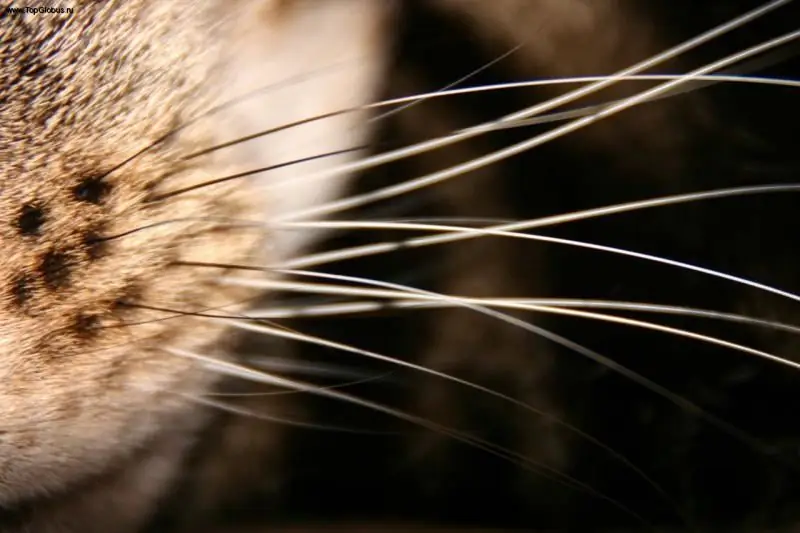
Table of contents:
- Author Bailey Albertson [email protected].
- Public 2023-12-17 12:53.
- Last modified 2025-01-23 12:41.
Why are shallots so expensive and tasteless: is it worth buying?

Shallots are not often found in regular grocery stores. And if it appears there, then the prices for it are biting - about 150-200 rubles per kilogram. And he has a specific taste.
Why are shallots expensive
Looking at the shelves in the store, you may be surprised at the price difference between onions and shallots. But outwardly they are often very similar - "shallots" are only slightly smaller in size.
The high price of these small bulbs is due to the fact that shallots are almost impossible to grow on an industrial scale. This plant requires careful maintenance and a lot of manual labor. As you know, the cost of the final product includes the cost of wages for workers - and for shallots, they are simply huge.

Shallots of all varieties require a very scrupulous attitude to care and cannot tolerate the intervention of large equipment
Unusual shallot taste
To some, shallots may seem odd and even tasteless. Its taste is softer and sweeter than that of the usual "turnip" - the onion can even be baked whole with spices. But shallots will not work in recipes with onions familiar to Russians - for example, in pilaf or in chicken soup. The dish will turn out bland and with unnecessary sweetness. Try making a risotto or salad instead. You can often find recipes for shallot sauce - they are seasoned with vegetables or seafood.

Risotto with mushrooms and shallots - a simple and low-calorie dish
Shallot greens are another matter. It has a great taste that will surely please even those who are conservative in taste preferences. The green leaves of the shallot are very delicate, they lack that "speck" that gives out the greens of ordinary onions. Young shallot leaves can be used to season almost any savory dish, and they go especially well with meat and fish.
Useful properties of shallot
Shallots differ from ordinary onions in their beneficial properties:
- low calorie content;
- high content of ascorbic acid;
- the presence of phosphorus, calcium and iron;
- the content of B vitamins;
- normalization of digestion.
Shallots are a delicious product if you know how and with what it is best to eat. And the high cost is justified by the delicate taste and useful properties.
Recommended:
Whiskers In Cats And Cats: What Are They Called Correctly And Why They Are Needed, What Will Happen If You Cut Them And Why They Fall Out Or Become Brittle

Features of the structure of the mustache in cats. What are they called and where they are located. What functions do they perform. What problems can a cat with a mustache have? Reviews
Trout Or Salmon: Which Is Better, Tastier, Fatter, More Expensive Than They Differ

What is the difference between trout and salmon: which fish is more valued, which is tastier, fatter and more expensive. Useful substances in the composition and nutritional value of the product
The Most Expensive Cars In The World: TOP 10

10 most expensive cars in the world. Rating based on technical characteristics and taking into account jewelry with precious stones and metals
Simple And Stylish Tricks To Make The Kitchen Look Expensive

What simple and stylish tricks will help the kitchen look expensive
Color Solutions That Look Expensive And Stylish

What 5 shades of clothes look expensive and stylish all year round
